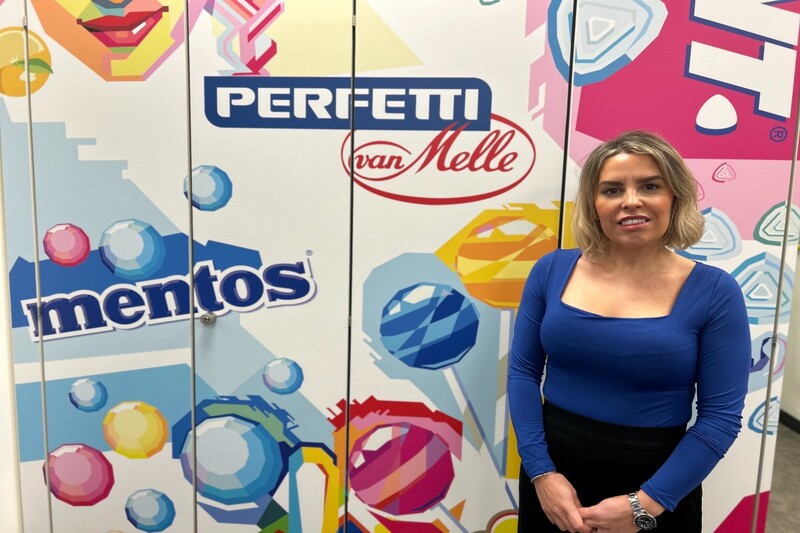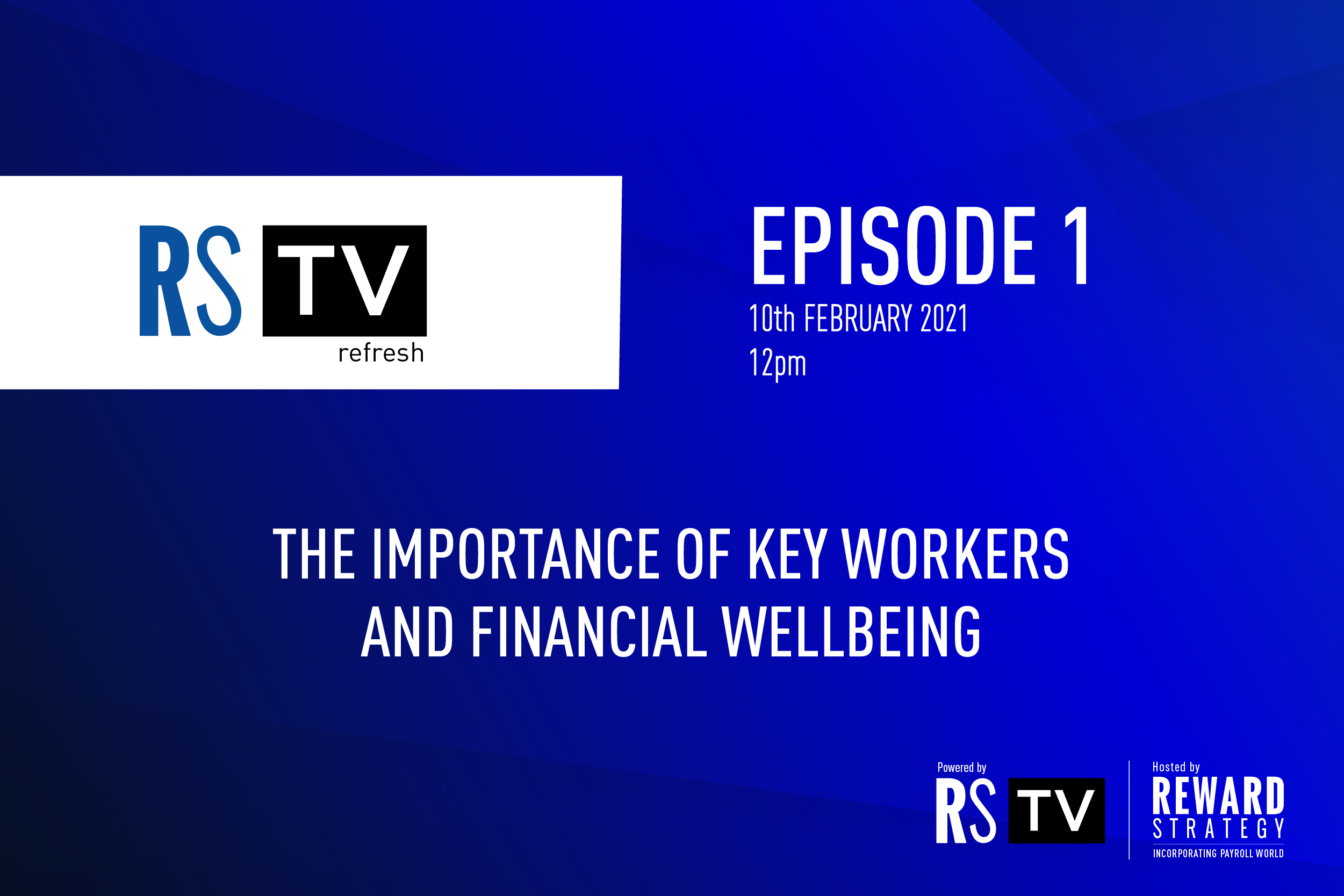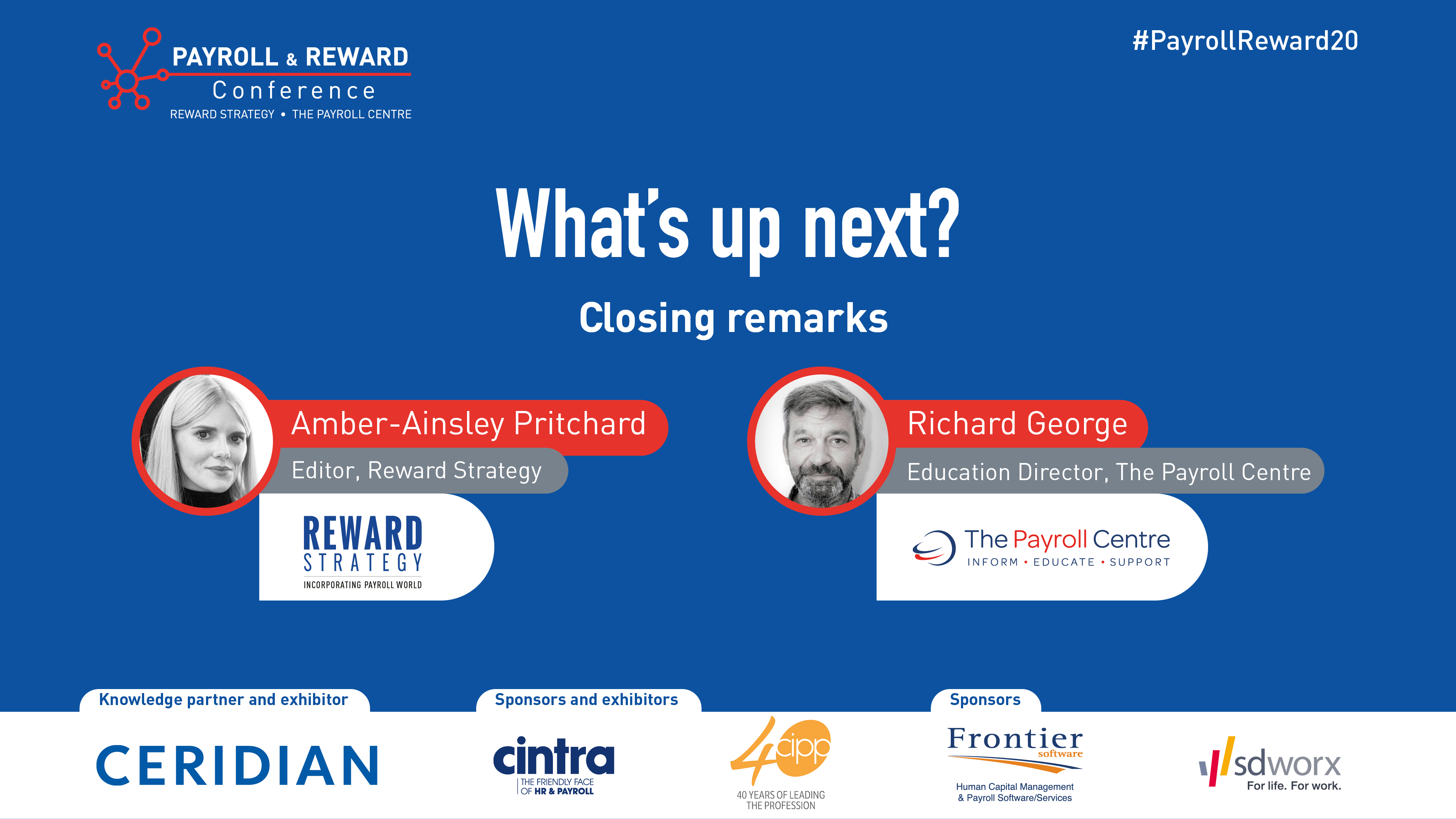Intelligence, community and recognition for pay and reward professionals.
How to achieve advocacy through reward
Reward is to give someone something in recognition of their services, efforts or achievements, but - as reward professionals - we know the word “reward” can conjure up a range of emotions and thoughts quite different to this definition.

Steadily over the last 10 to 15 years, reward has been a term that we see as consumers everyday - from loyalty coffee cards to added discounts when we sign up to insurance products. Rewards
are everywhere and are, now, easier to obtain than ever.
So how are we able to strike the perfect blend of reward for employees, to encourage truly great work and create a sense of pride in working for our businesses?
What we can’t do
We can’t underestimate our employees’ knowledge of reward, it’s all too easy to think we know what employees want as rewards and to overcompensate.
Many companies will offer extensive benefits packages which are not always understood, valued or even used. Just because we can, doesn’t mean we should.
Most of the time you will find that it’s the small things that count. It is these small things that will lead your employees to have conversations with their friends about work, which will - in turn - make their friends want to work for you. This is advocacy.
During my time at Charlotte Tilbury, we created a fantastic culture of pride in working for the business - which wasn’t always easy. As a business that was fast-paced and growing you had to be truly resilient to ‘create the magic’. However, we had it slightly easier than most in the way that we had a tangible product we could gift our employees: the make-up. They could then use the products or gift them and most importantly - speak about them. This was the easy bit, but true advocacy must be genuine and by giving away products we weren’t covering all bases.
The S words
When you think about employee engagement, I believe you can break it down into three S words:
• What employees SAY;
• Why employees STAY;
• How you enable employees to STRIVE.
If we look at this from an advocacy perspective, you must be clear on what your ambition is - because word of mouth is one of the biggest contributors to your brand and how it’s perceived.
At Charlotte Tilbury we were very clear that we wanted to be honest about what it was like to work at the company. This was hard, but it meant we were all ’in it together’ and working towards a common goal.
Ambitions across the business were shared in a transparent way with a very upfront approach which our employees could relate to and more importantly, buy into.
We were honest when we made mistakes and celebrated our big wins, which naturally led to a sense of ownership - no matter what job role someone had.
When it came to our annual review for pay and bonus nothing came as a surprise, business updates had been shared, as had stretch targets, so employees knew exactly what they had to do to achieve. This was how we truly motivated people, by changing the perception of reward from being an annual cycle process to a process which reviewed true brilliance and rewarded in cash accordingly.
Not all companies will have unlimited cash pots, but rewards such as days out, vouchers, an extra day’s leave or finishing early on a Friday in summer, can work in the same way and can create a sense of value that will get people talking about the business - not just while they work there, but once they have moved on.
Social media
Recently, there have been an increasing number of alumni groups popping up across social media. So it’s important to remember that if you can’t offer an employee progression at one point and they leave - it doesn’t mean they won’t return later when there is an opportunity that’s right.
If you have done a good job during the employee’s tenure, the decision to return will be a much easier one.
In 2020 it’s unrealistic to think that employees will be with you for life, so the key challenge is to work together to get the most out of each other whilst they are with you. Ask yourself: Why should that person work hard for you?
In order to truly create advocacy and pride within your organisation, using reward, here are some key things to consider:
• Ask your employees opinion. Don’t assume you know what they want;
• Remember, it doesn’t always take big cash bonuses to make an employee proud to work for you;
• Don’t forget your alumni, their word of mouth is more powerful than you know.





